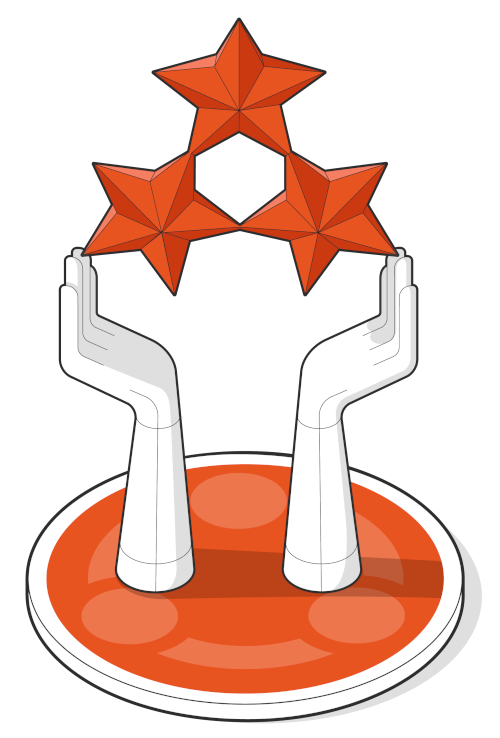Speakers
Description
How decisions are made in communities has a big influence on how open, effective, and fair they are. Many open source projects, including Ubuntu, aim to be meritocracies. The goal is to "reward the best ideas, no matter where they come from." This ideal, however, is rarely met. In practice, meritocracy can amplify the existing inequalities of larger society, bringing them into the open source community.
In this talk, we start by investigating the challenges in implementing meritocracy in an effective and fair manner. We then take a look at do-ocracy, a governance system popular in Hackerspaces and art collectives that aims to give power to those who do. We reflect on the opportunities and struggles of do-ocratic communities to empower minorities.
This talk will not give ready-made solutions. Instead, it aims to explore the difficulty of preventing societal inequalities from seeping into open source communities, and reflect on lessons learned in do-ocratic communities.
Session author's bio
Anne Fonteyn is a human rights activist with a background in community management and queer activism. She previously worked on improving the legal status of sex workers in Belgium and laying the groundwork for their unionization. She has also worked at the city of Ghent, Belgium to improve the quality of their data about the Ukrainian refugee crisis, in order to better assist local policy makers.
Merlijn Sebrechts is an Ubuntu Community Council member and part of the Snapcrafters team. He's passionate about helping people to build communities that do great things. Merlijn's experience with community building started as board member of Hackerspace.Gent, where he created The Hackerspace Blueprint, a manifesto describing how to run a leaderless organization using do-ocracy.
| Social Media | https://ubuntu.social/@mesebrec |
|---|---|
| Level of Difficulty | Beginner |
